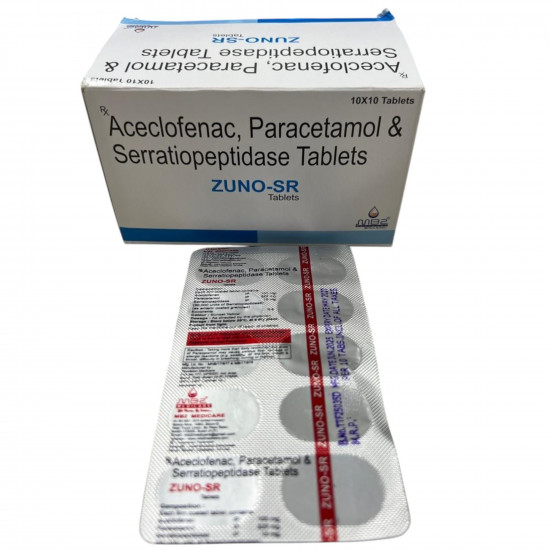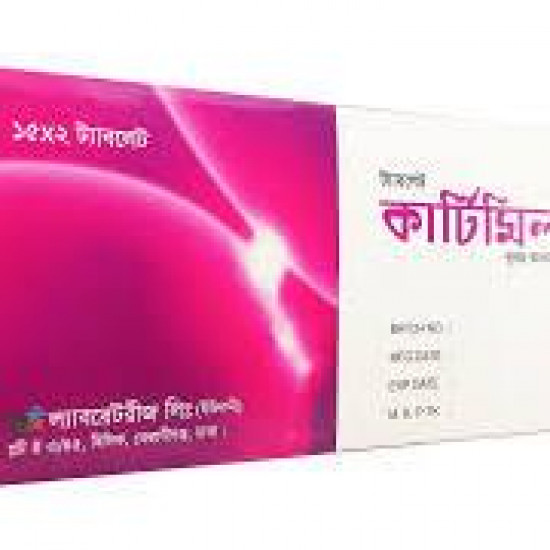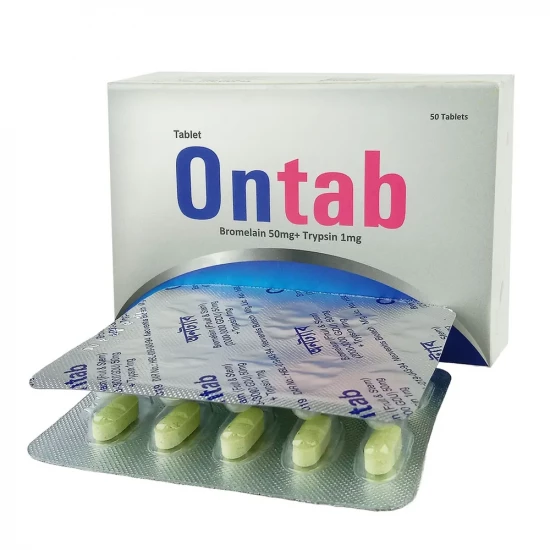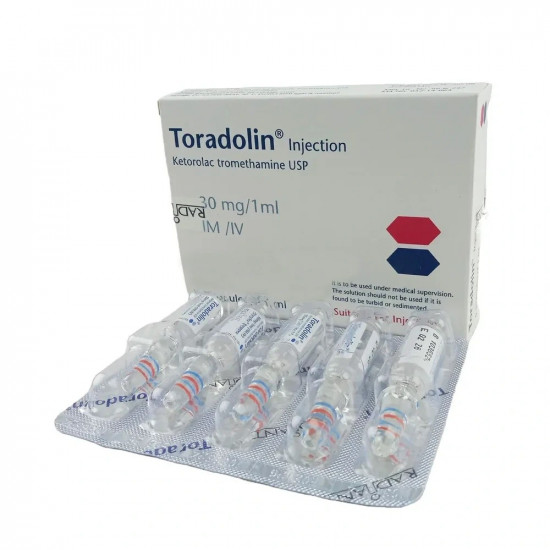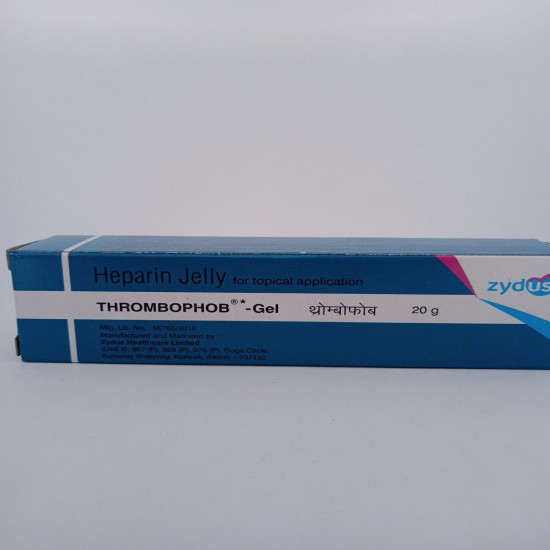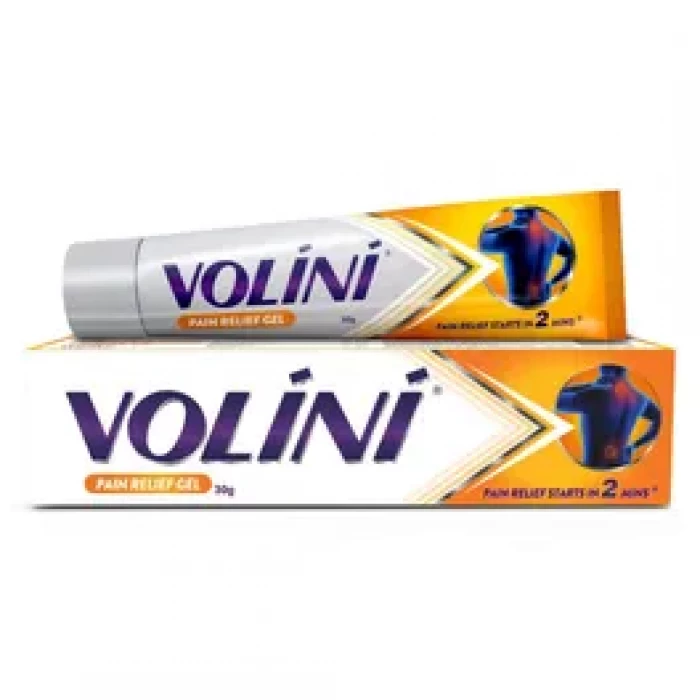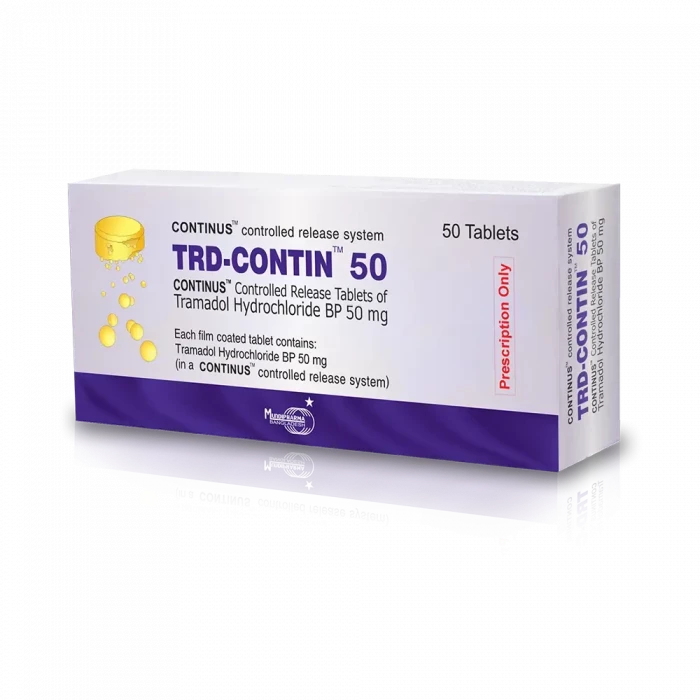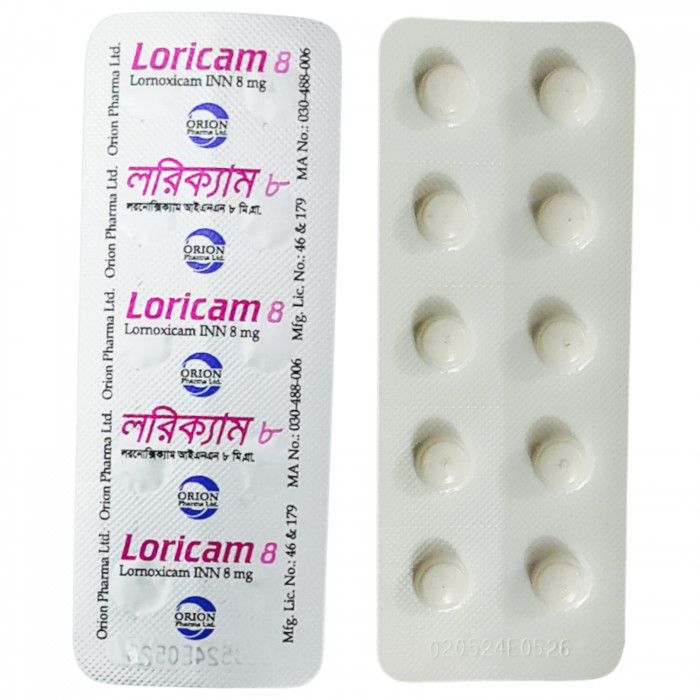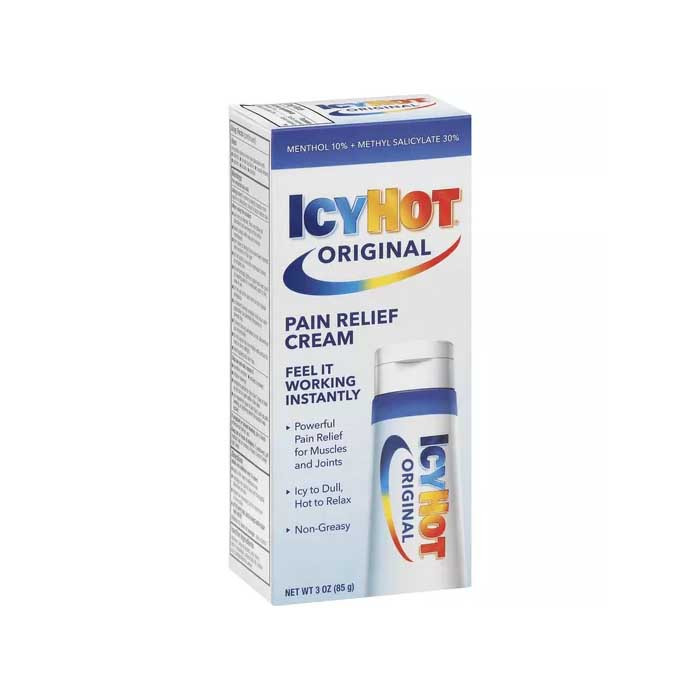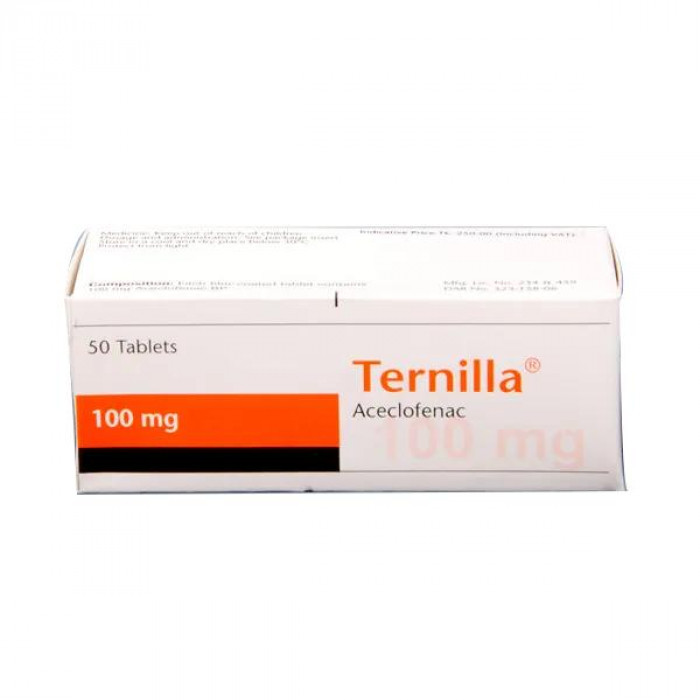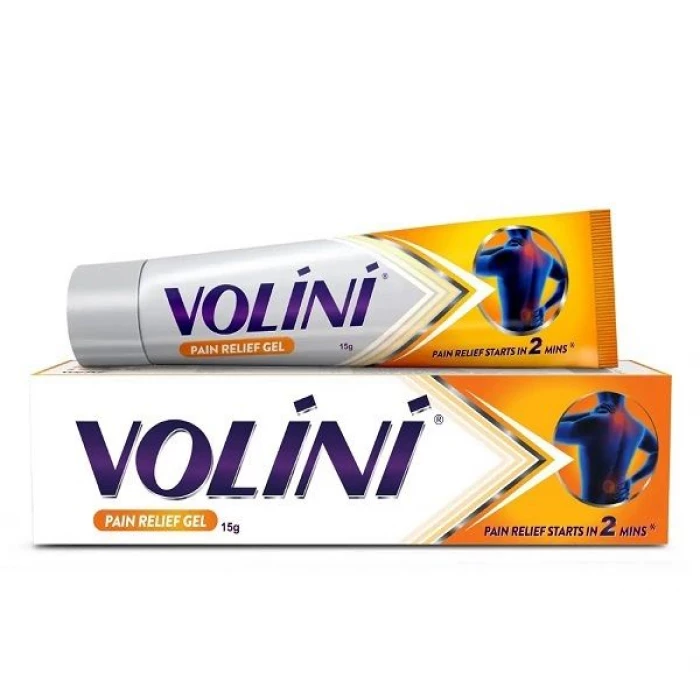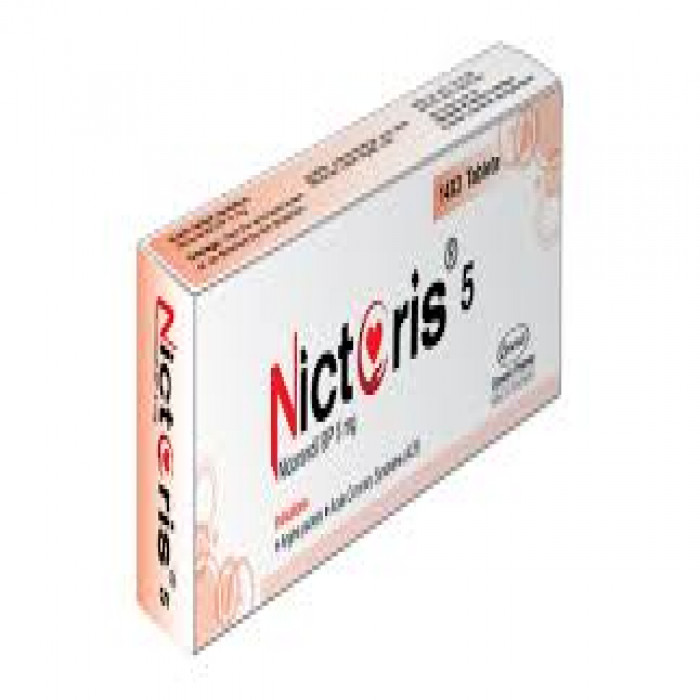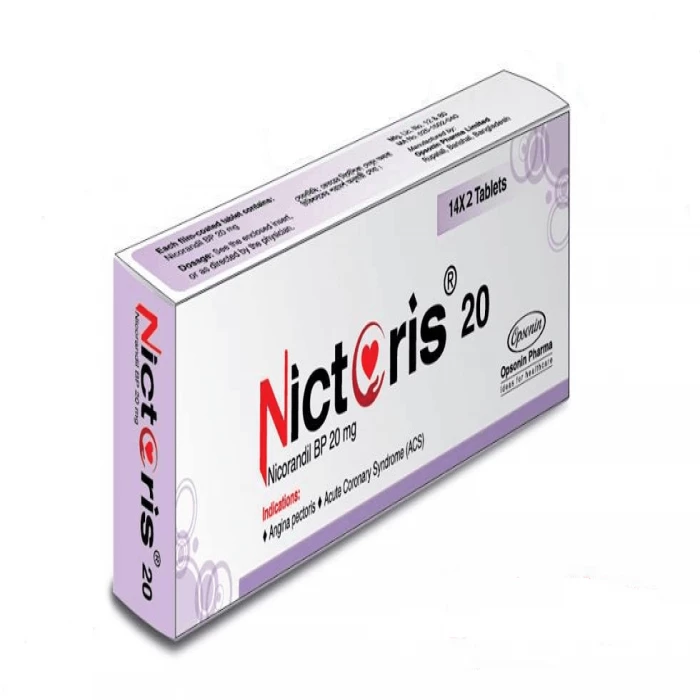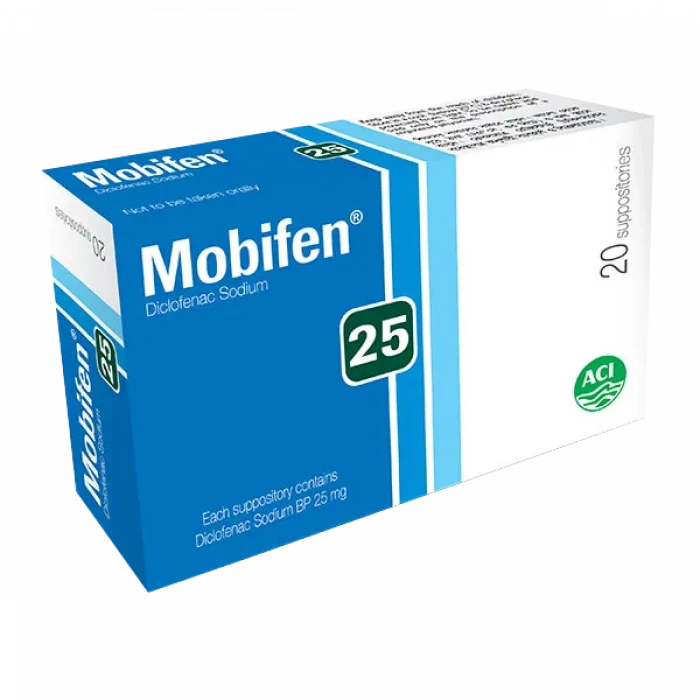
✔ 100% Authentic Product
👁️ Currently Viewing 1203
Mobifen Suppository 25mg 1pc
Generic Name: Diclofenac Sodium 25mg
Tablet Manufacturer/Distributor: ACI Limited
Discount
Price: ৳ 11
MRP:
৳
12
5%
Off
✅ Description:
Indications of Mobifen 25
- Rheumatology covers peri-articular rheumatic diseases, polyarthritis, ankylosing spondylarthritis, osteoarthritis, spondylarthritis, and degenerative and inflammatory rheumatism.
- Surgery and traumatology both treat sprains, bruises, dislocations, fractures, soft tissue injuries, and surgical procedures.
- Infertility and Obstetrics: Episiotomy, adnexitis, endometritis, parametritis, salpingitis, and mastitis are examples of primary dysmenorrhea.
- Preoperative medication in otorhinolaryngology to avoid pain, inflammation, Edema, Dental edema, Swelling, and Pain following surgery and Trauma
- The prevention of pain and the management of swelling and edema in patients undergoing urogenital tract, renal, and biliary colic surgery are additional indications.
Pharmacology
The nonsteroidal anti-inflammatory drug (NSAID) diclofenac sodium has anti-rheumatic, anti-inflammatory, analgesic, and antipyretic effects. Additionally, it has some uricosuric qualities. Diclofenac works by preventing the synthesis of prostaglandins, which are crucial for the emergence of inflammation, pain, and fever. Diclofenac is quickly and completely absorbed from the gastrointestinal tract when taken with or after a meal. After consumption, peak plasma concentrations are reached about two hours later. At therapeutic doses, it is 99.7 percent bound to plasma proteins. Diclofenac undergoes first-pass metabolism in the liver, where it is processed.
Dosage & Administration
Diclofenac Suppository: For adults: 25mg suppository 2-3 times daily. The maximum daily dose is 150 mg.
Contraindications
Patients who are hypersensitive to any of the goods' ingredients should avoid using them. Peptic ulcer, hypersensitivity to Diclofenac or other non-steroid anti-inflammatory agents. Diclofenac is also contraindicated in asthmatic patients whose attacks of asthma, urticaria, or acute rhinitis are precipitated by acetylsalicylic acid or other drugs containing a prostaglandin synthetase inhibitor. This Gel should not be used in conjunction with occlusive airtight dressings.
Side Effects of Mobifen 50
In general, Diclofenac Sodium is well tolerated. Adverse effects are minor, infrequent, and transitory. However, during the commencement of treatment, patients may have epigastric discomfort, eructation, nausea, and diarrhea, as well as dizziness or headache. In most cases, these side effects are minor. There has also been peripheral edema and skin responses such as redness and eczema. Diclofenac Sodium Gel may produce local skin irritation, reddening, and a rash.
Pregnancy & Lactation
Diclofenac should be used during pregnancy only when absolutely necessary. It is best to take the lowest effective dosage. These medications are not advised to be taken during the first trimester of pregnancy. Diclofenac Sodium Gel is not indicated during pregnancy due to a lack of clinical data. A trace amount of Diclofenac may be found in breast milk, but no adverse effects on the child are predicted.
Precautions & Warnings
In rare cases, peptic ulceration or gastrointestinal bleeding occurs in Diclofenac-treated individuals. Patients above the age of 65 should be closely monitored. Diclofenac Sodium Gel should not be permitted to come into contact with the eyes or mucous membranes, hands should be well cleaned after application, and it should not be taken orally.
Storage Conditions
Store in a cold, dry, and light-free environment. Store at temperatures below 30°C. Keep out of children's reach.
⚠️Disclaimer:
At ePharma, we’re committed to providing accurate and accessible health information. However, all content is intended for informational purposes only and should not replace medical advice from a qualified physician. Please consult your healthcare provider for personalized guidance. We aim to support, not substitute, the doctor-patient relationship.




